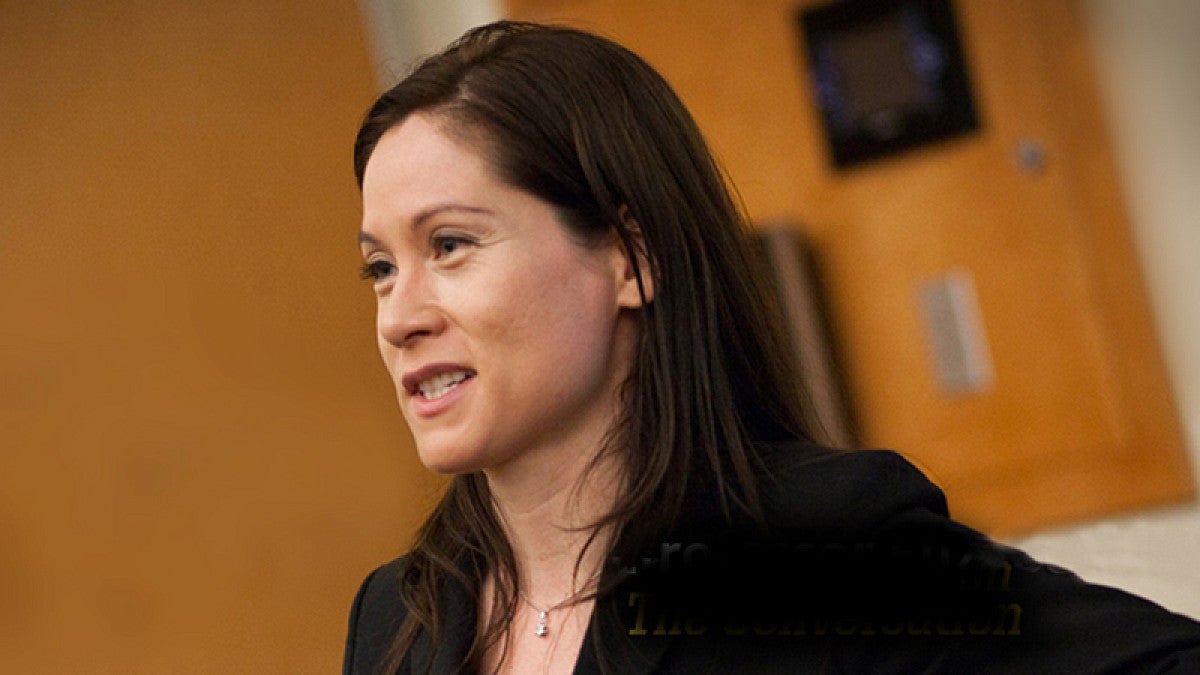When #MeToo started rolling across computer screens in October, an important cultural shift was highlighted: Harassment victims are increasingly willing to go public with their complaints.
Elizabeth Tippett, associate professor at the UO School of Law, wrote an article on the topic for The Conversation. It was picked up by Salon, Business Insider and Business Standard India.
Tippett wrote about why employers have the tendency to sweep allegations against high-ranking employees under the rug. Firing a harasser means worrying about potential breach of contract or defamation lawsuits, as well as going through the inconvenience of hiring a replacement.
“Victims who trust the organization enough to complain then often endure a disruptive investigation only to find their harasser’s position undisturbed,” Tippett wrote.
The increased willingness of victims to publicly speak out may push employers to take stronger action against workplace harassers, if only to save face.
“In a climate where victims speak freely, employers must now expect to publicly defend their employment decisions months or years later,” Tippett wrote. “Any harassment victim is a future #MeToo, a latent public relations nightmare that could irreparably tarnish the brand. And in corporate America, the brand is a much larger asset than even the most powerful employee.”
For more, see “Shaming harassers may stop employers from protecting them” in The Conversation and listen to Tippett speak about the topic on NPR: “Are we at a sexual abuse and harassment tipping point?”
Tippett researches topics such as business ethics, employment practices and decision-making. She is the faculty co-director for the master’s program in conflict and dispute resolution and a co-author of the fifth edition of the West Academic textbook, “Employment Discrimination & Employment Law: The Field as Practiced”. Her most recent research was published in the Yale Journal of Law and Technology.


